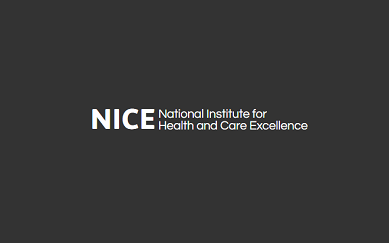NICE publishes guidelines on managing the long-term effects of COVID-19
News
Physiotherapy is a key part of rehabilitation services for people with long-term COVID-19, says NICE.
NICE, the Royal College of General Practitioners (RCGP) and the Scottish Intercollegiate Guidelines Network (SIGN) have published a new guideline on the management of the long-term effects of COVID-19 (also known as Long COVID). Read it here.
The guideline covers the care of people who have signs and symptoms that develop during or after an infection consistent with COVID-19, that continue for more than 4 weeks and are not explained by an alternative diagnosis. It provides recommendations based on the current evidence and expert consensus, and will be adapted as new evidence emerges.
Most people’s symptoms of COVID-19 resolve within 12 weeks. However, for a sizeable minority of people symptoms can persist or new ones develop, and can sometimes worsen, and have a continuing negative impact on their quality of life. Longer term impacts can include shortness of breath, fatigue, and problems involving the heart, lungs, kidneys, nervous system and muscles and joints.
The guideline makes recommendations in a number of areas, including:
- Assessing people with new or ongoing symptoms after acute COVID-19.
- Investigations and referral.
- Planning care.
- Management, including self-management, supported self-management, and rehabilitation.
- Follow-up and monitoring.
- Service organisation.
The guideline also includes a number of key recommendations for research which will help inform and enhance future versions as evidence and practice develops.

